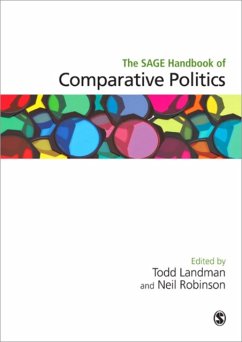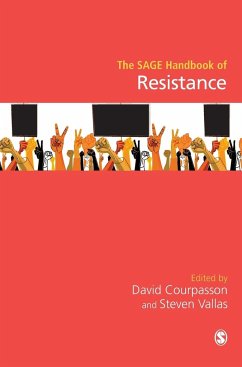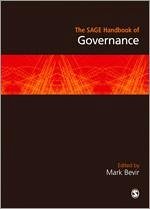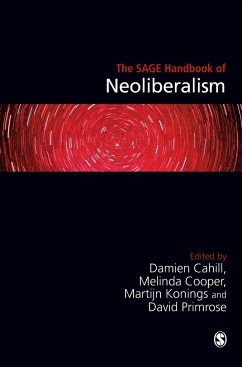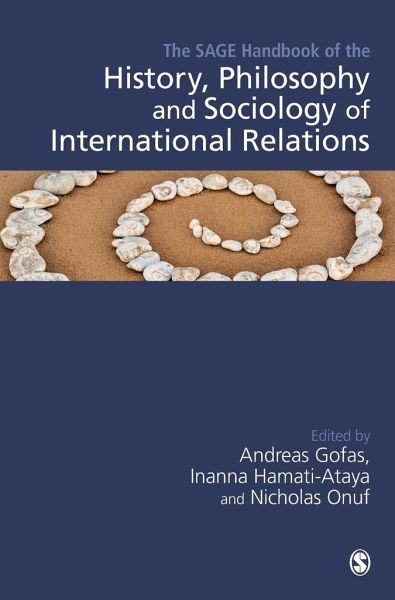
The SAGE Handbook of the History, Philosophy and Sociology of International Relations
Versandkostenfrei!
Versandfertig in 6-10 Tagen
133,99 €
inkl. MwSt.
Weitere Ausgaben:

PAYBACK Punkte
67 °P sammeln!
The SAGE Handbook of the History, Philosophy and Sociology of International Relations offers a panoramic overview of the broad field of International Relations by integrating three distinct but interrelated foci. It retraces the historical development of International Relations (IR) as a professional field of study, explores the philosophical foundations of IR, and interrogates the sociological mechanisms through which scholarship is produced and the field is structured.Comprising 38 chapters from both established scholars and an emerging generation of innovative meta-theorists and theoretical...
The SAGE Handbook of the History, Philosophy and Sociology of International Relations offers a panoramic overview of the broad field of International Relations by integrating three distinct but interrelated foci. It retraces the historical development of International Relations (IR) as a professional field of study, explores the philosophical foundations of IR, and interrogates the sociological mechanisms through which scholarship is produced and the field is structured.
Comprising 38 chapters from both established scholars and an emerging generation of innovative meta-theorists and theoretically driven empiricists, the handbook fosters discussion of the field from the inside out, forcing us to come to grips with the widely held perception that IR is experiencing an existential crisis quite unlike anything else in its hundred-year history. This timely and innovative reference volume reflects on situated scholarly practices in a way that projects our collective thinking into the future.
PART ONE: THE INWARD GAZE: INTRODUCTORY REFLECTIONS
PART TWO: IMAGINING THE INTERNATIONAL, ACKNOWLEDGING THE GLOBAL
PART THREE: THE SEARCH FOR (AN) IDENTITY
PART FOUR: INTERNATIONAL RELATIONS AS A PROFESSION
PART FIVE: LOOKING AHEAD: THE FUTURE OF META-ANALYSIS
Comprising 38 chapters from both established scholars and an emerging generation of innovative meta-theorists and theoretically driven empiricists, the handbook fosters discussion of the field from the inside out, forcing us to come to grips with the widely held perception that IR is experiencing an existential crisis quite unlike anything else in its hundred-year history. This timely and innovative reference volume reflects on situated scholarly practices in a way that projects our collective thinking into the future.
PART ONE: THE INWARD GAZE: INTRODUCTORY REFLECTIONS
PART TWO: IMAGINING THE INTERNATIONAL, ACKNOWLEDGING THE GLOBAL
PART THREE: THE SEARCH FOR (AN) IDENTITY
PART FOUR: INTERNATIONAL RELATIONS AS A PROFESSION
PART FIVE: LOOKING AHEAD: THE FUTURE OF META-ANALYSIS





